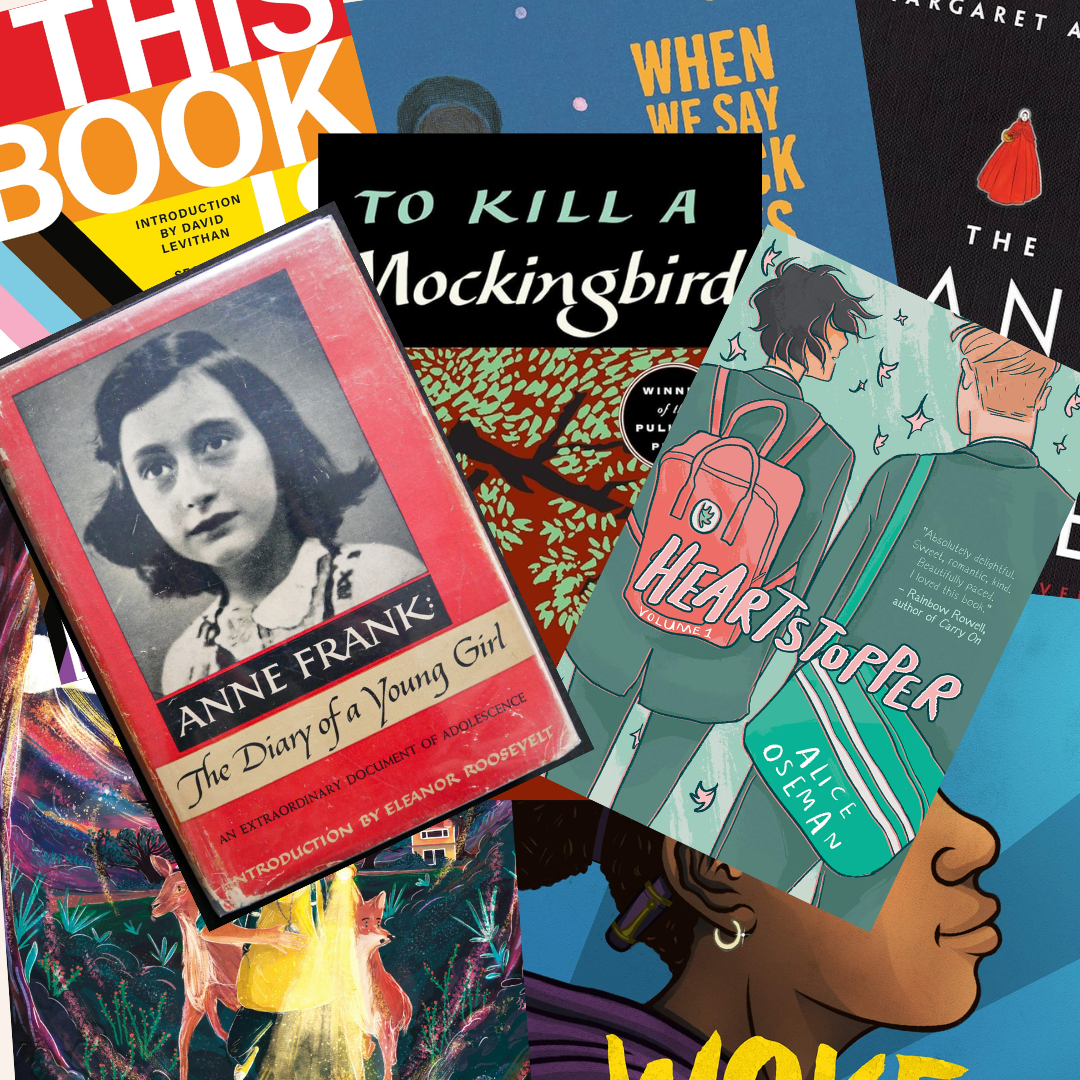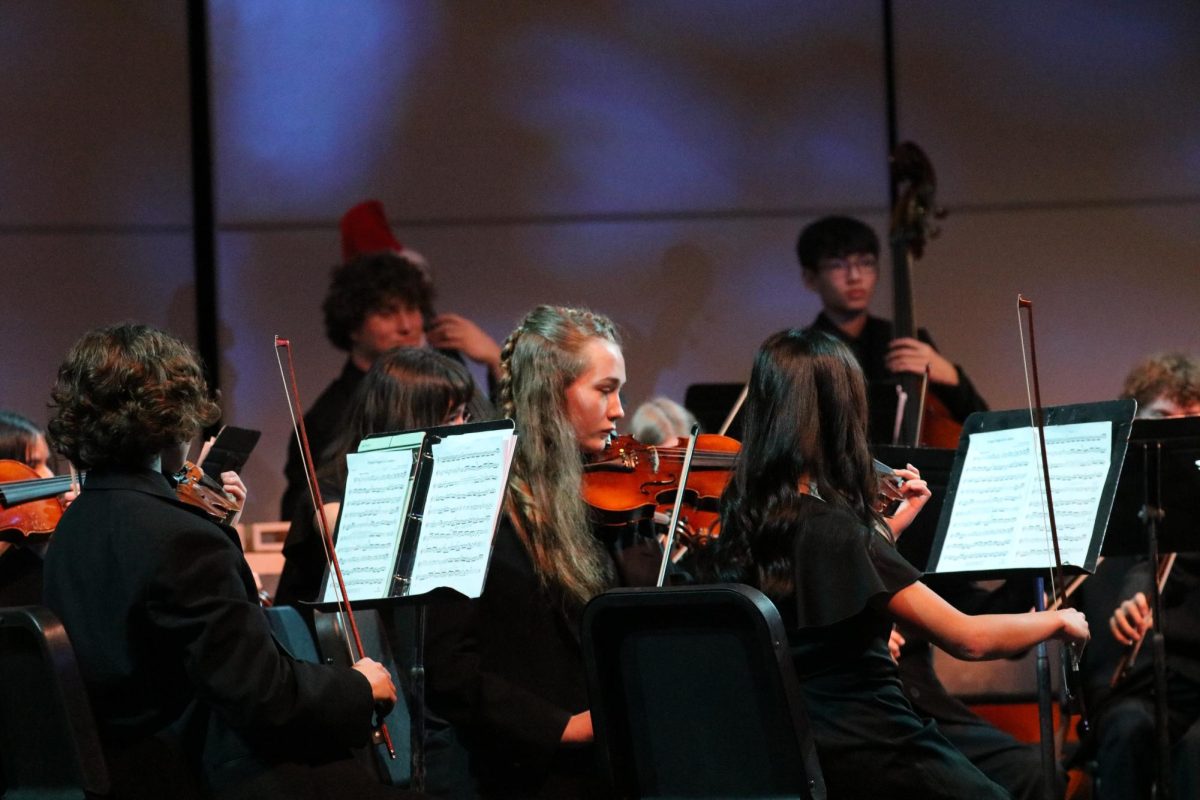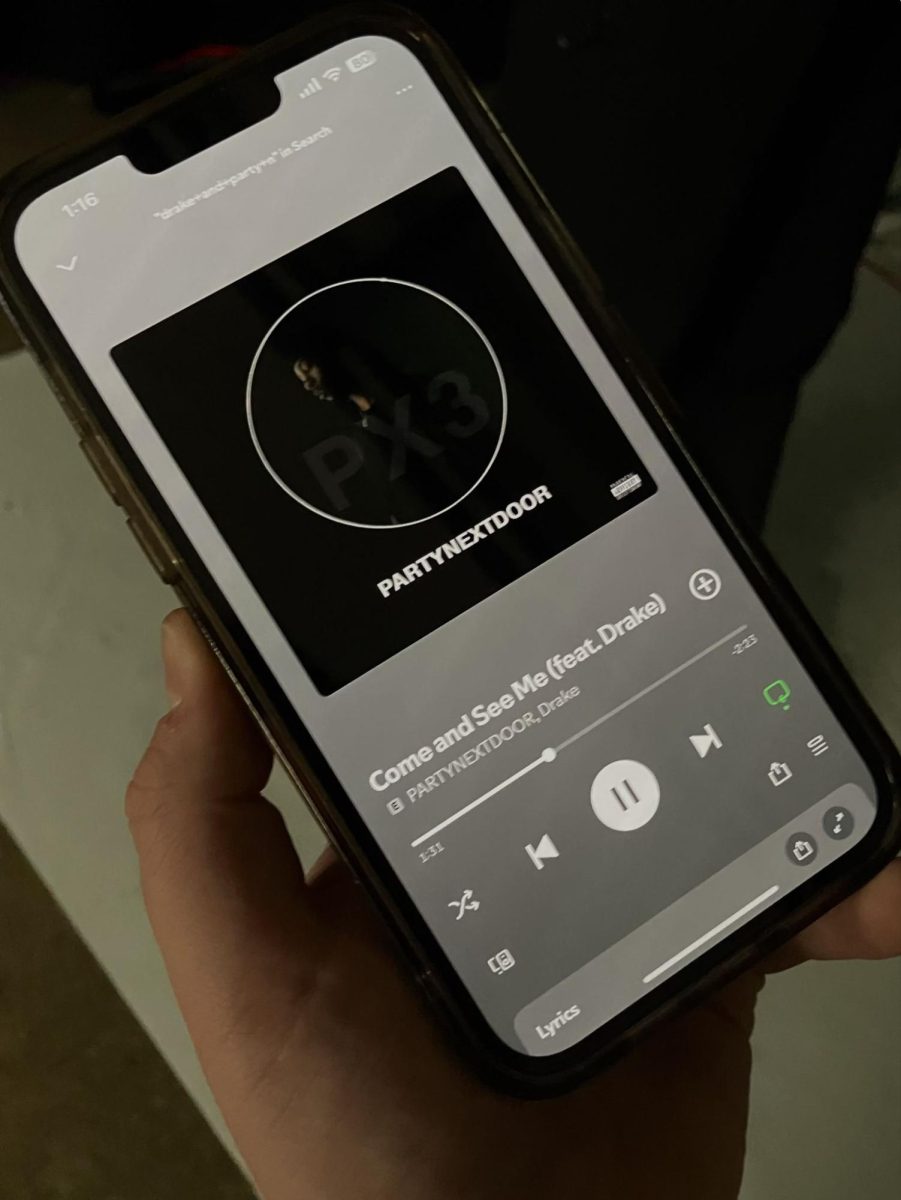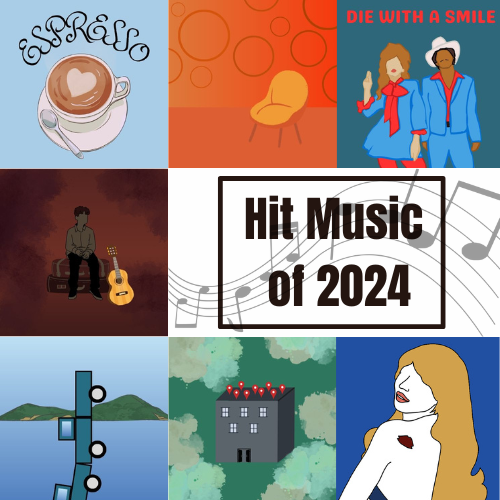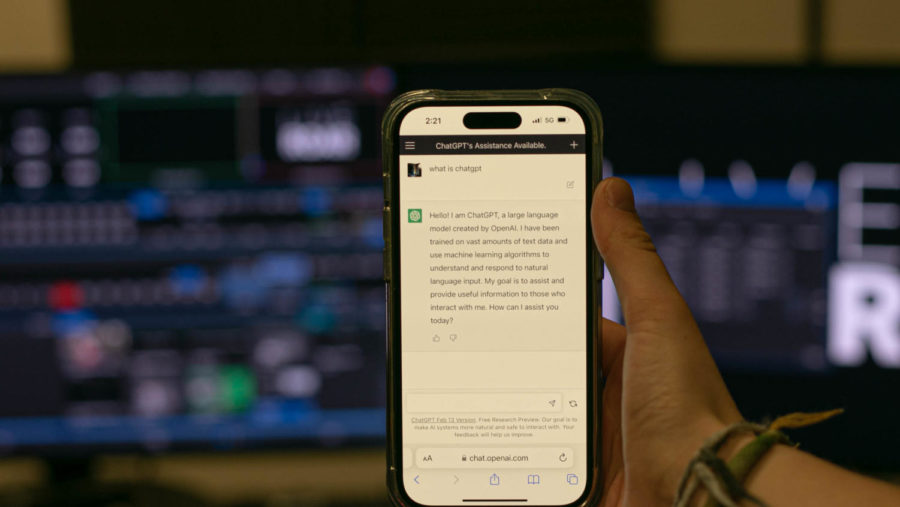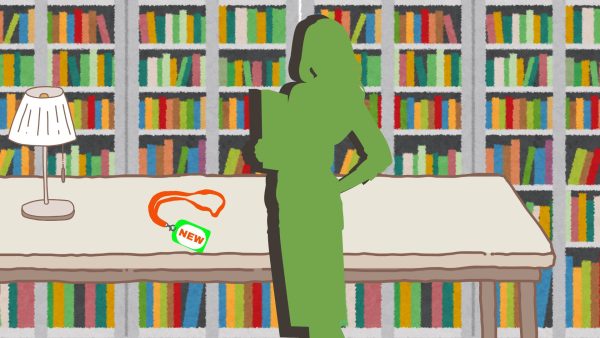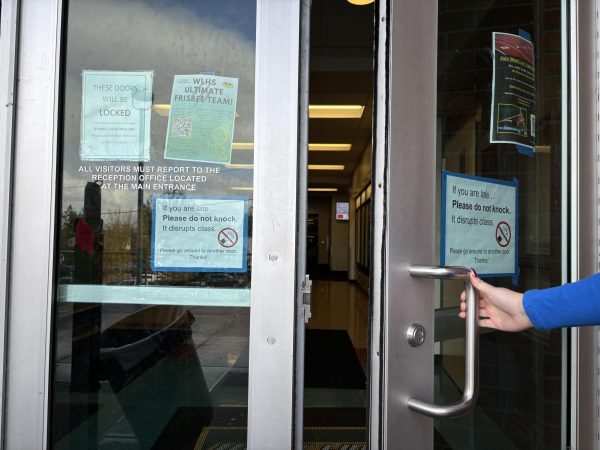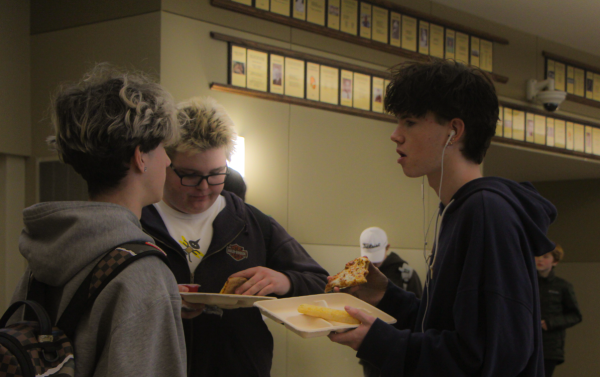ChatGPT: the future writes itself
How AI is changing the way students write
Responding to a prompt, ChatGPT introduces itself. ChatGPT is an interactive chatbot that responds to prompts given.
With new technology and AI programs, academic dishonesty is becoming a more pressing issue. Open AI’s new program, ChatGPT, has been catching national attention due to its ability to write human-sounding essays, emails, and more.
ChatGPT (Generative Pre-trained Transformer) is an AI program that has processed millions of pages of text, speeches, and articles. The program has gained the ability to predict what a human would say and give human-like answers. ChatGPT doesn’t have access to the internet as a reference. Usually, it’s reasonably accurate, but its database only goes back to 2021.
Brandon Smith, AP Computer Science and AP Statistics teacher, has some knowledge about how ChatGPT works and what faults it has.
“It’s still programmed by humans, so it’s susceptible to biases of its programmers and developers,” Smith said. “It lacks nuance that human beings would possess hopefully. I know I heard one student telling me that it asked who the current CEO of Twitter was, but its dataset is supposedly from 2021, and it said Elon Musk.”
Anna Crandall, English teacher, has recognized the significance of this new AI and how it could be misused in schools.
“We’re moving into this weird uncanny valley of AI,” Crandall said. “Is AI really an entity that we need to be worried about?”
One concern across the board is that ChatGPT opens the door for academic dishonesty. A month after the release of ChatGPT, Edward Tian, who majors in computer science at Princeton University, released a program called GPTZero.
GPTZero is a program able to discern texts written by AI from texts written by humans. It scans any given writing, and analyzes the text to determine its origin. It looks at how uniform and complex the writing is throughout the article, which helps it decide if it was written by a human or not.
ChatGPT has a variety of different potential uses in the professional field. From brainstorming in engineering to teaching students, it has multiple applications.
“I wanted to explain power, and that can be a difficult concept to explain in statistics,” Smith said. “So I went to ChatGPT and said, ‘explain this to me like I’m an AP Stats student.’ And I was really impressed at the way it just broke it down to a low level, and it was correct.”
While this is the first time a program so advanced has become widely available, cheating has always existed. Going forward, teachers will have to find a way to work around ChatGPT and similar programs.
“As teachers, we need to be thinking a lot more consciously,” Crandall said. “What do we want students to be able to do? How do we teach students those skills in a way that isn’t something that a robot can do?”
Your donation will support the student journalists of West Linn High School. Your contribution will allow us to continue to produce quality content by purchasing equipment, software, and continuing to host our website on School Newspapers Online (SNO).

Finn Howell, Junior, is the coverage editor and is passionate about making students feel seen and recognized. He spends much of his time outside of journalism...


![Reaching out. Christopher Lesh, student at Central Catholic High School, serves ice cream during the event on March 2, 2025, at the Portland waterfront. Central Catholic was just one of the schools that sent student volunteers out to cook, prepare, dish, and serve food. Interact club’s co-president Rachel Gerber, junior, plated the food during the event. “I like how direct the contact is,” Gerber said. “You’re there [and] you’re just doing something good. It’s simple, it’s easy, you can feel good about it.”](https://wlhsnow.com/wp-content/uploads/2025/03/interact-1-edited-1200x744.jpg)
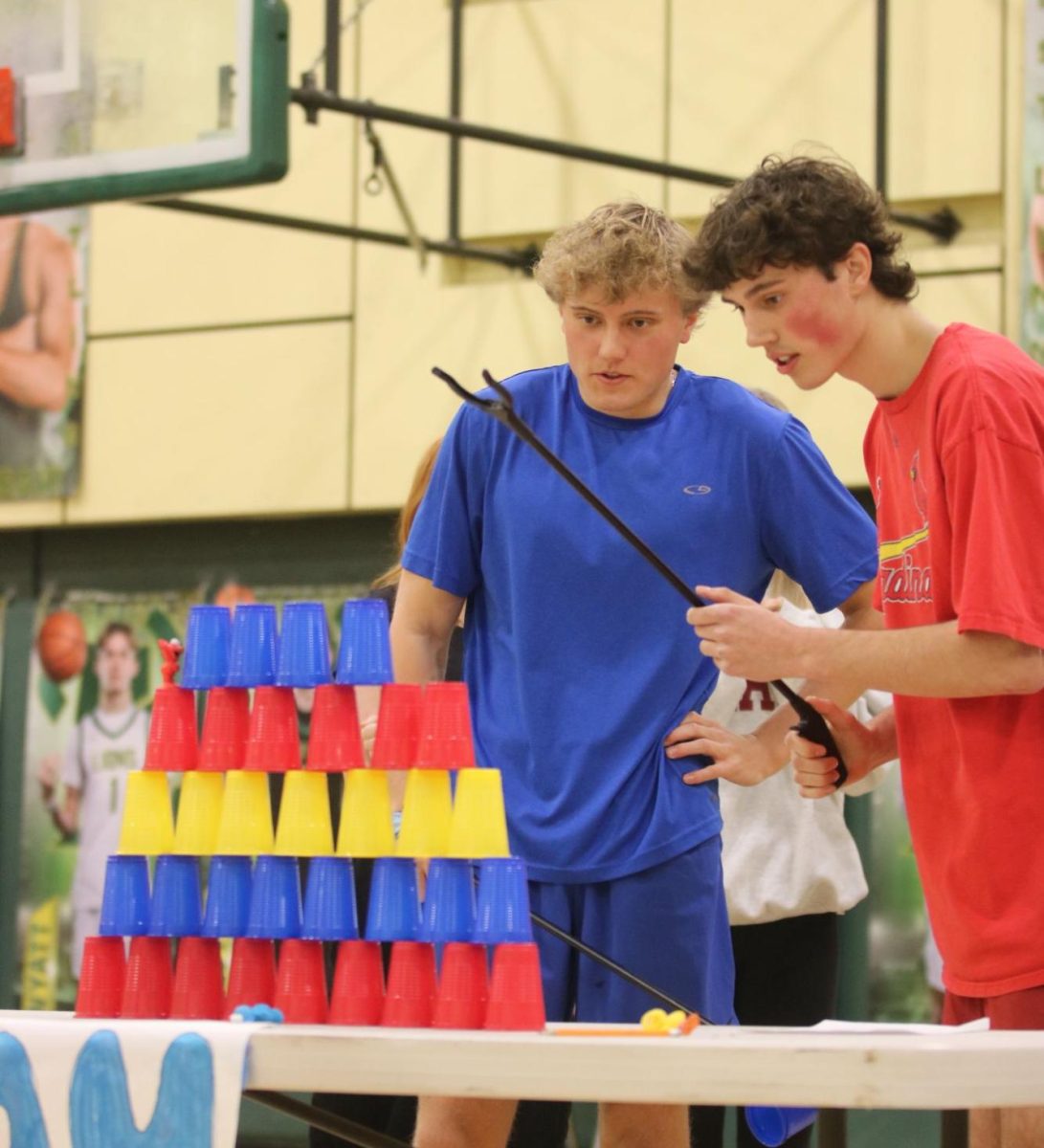
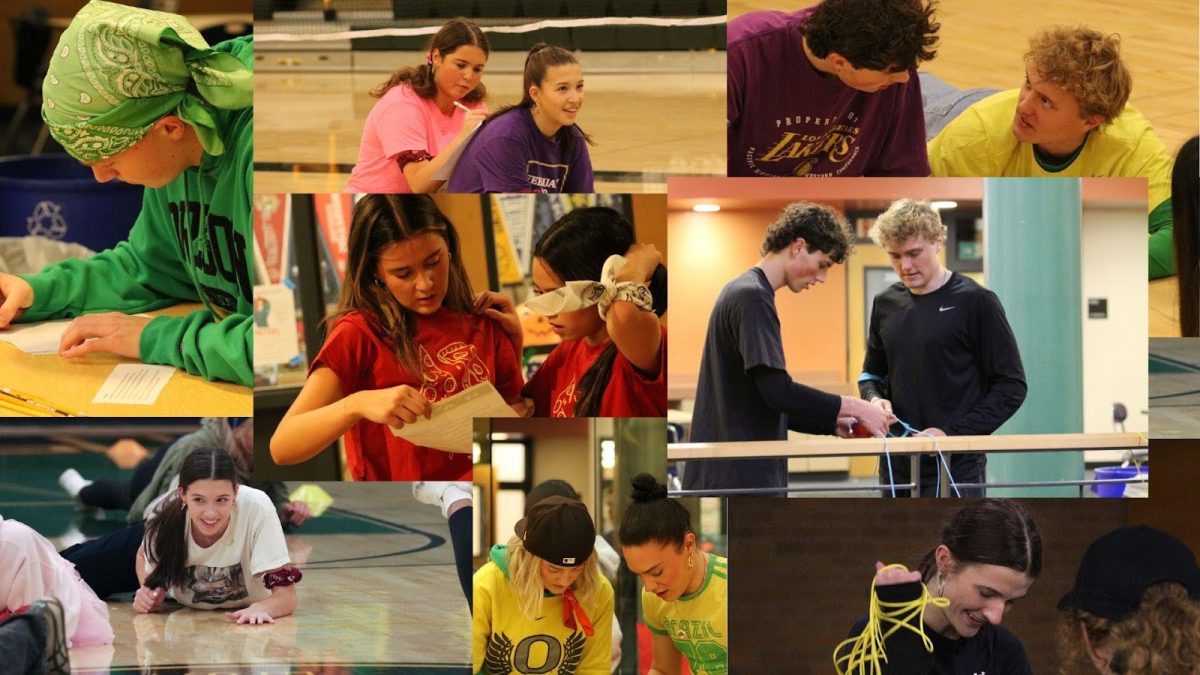



















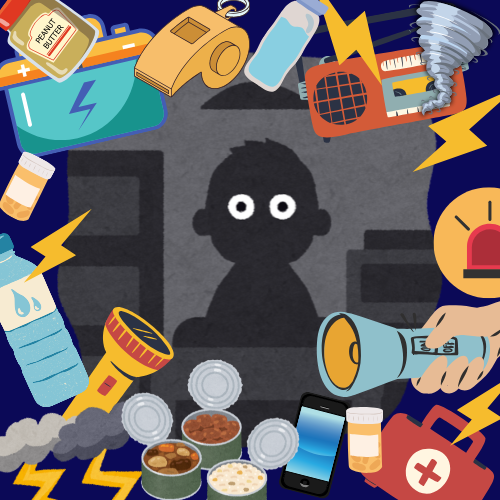
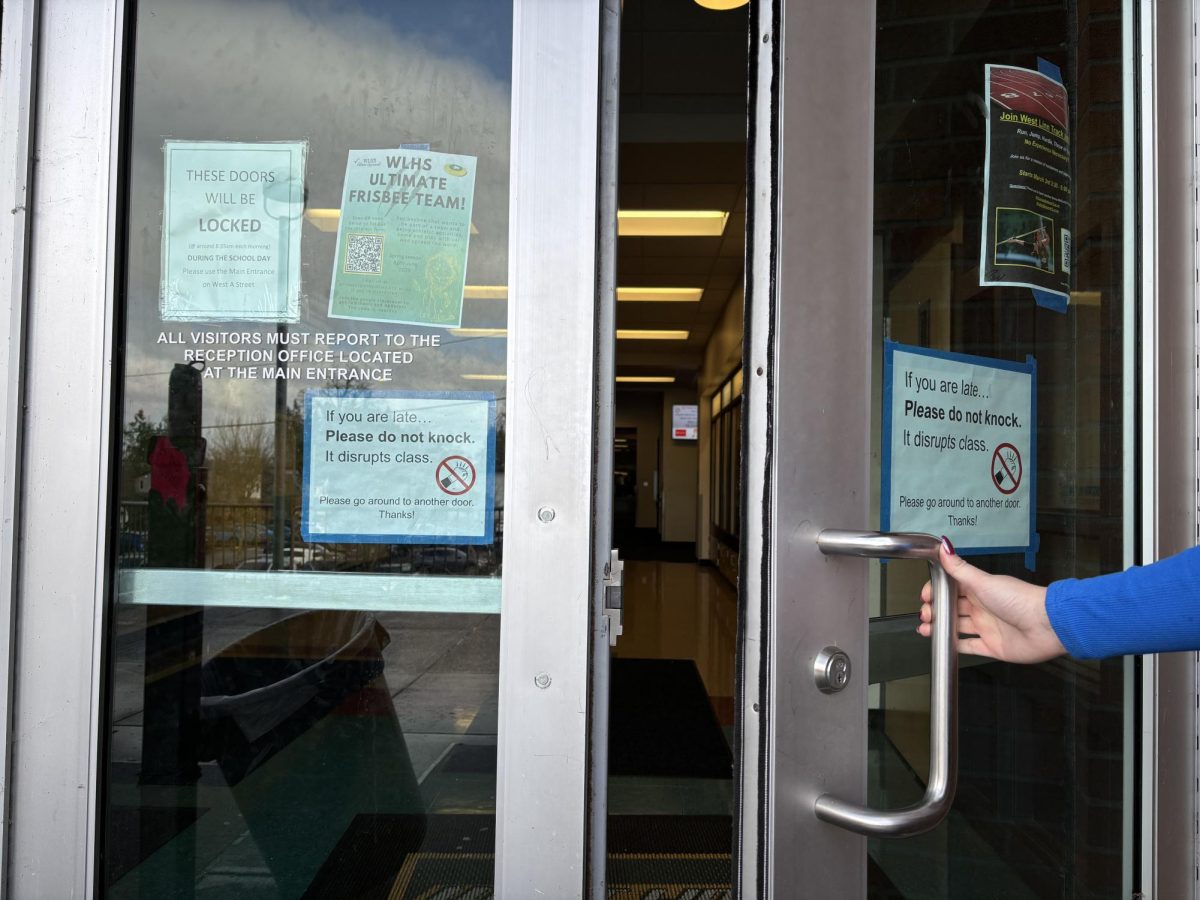
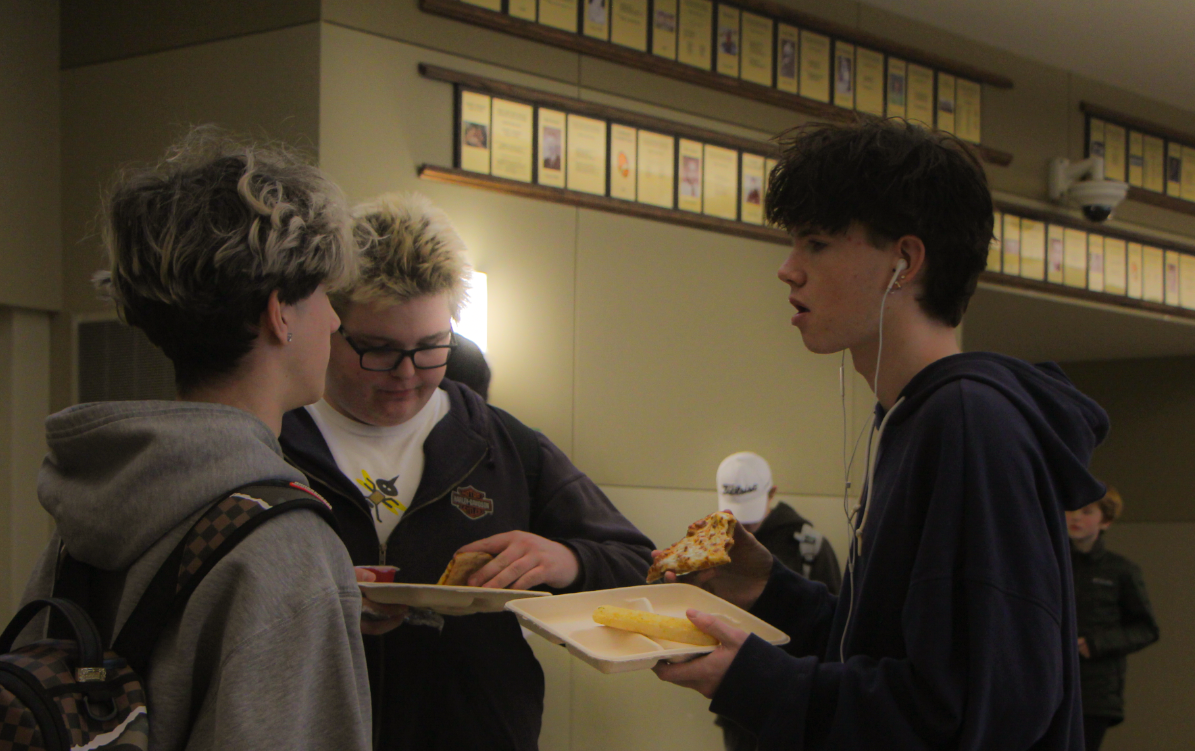

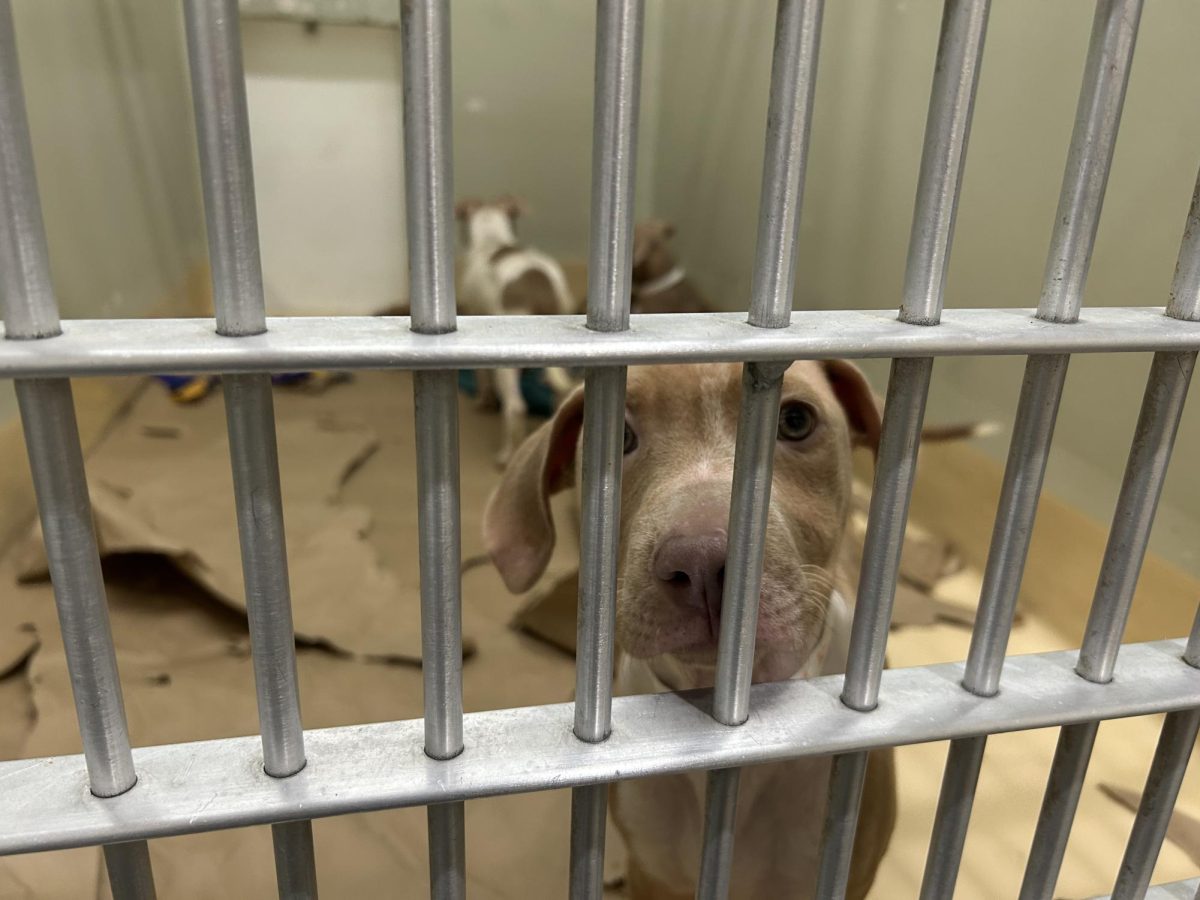















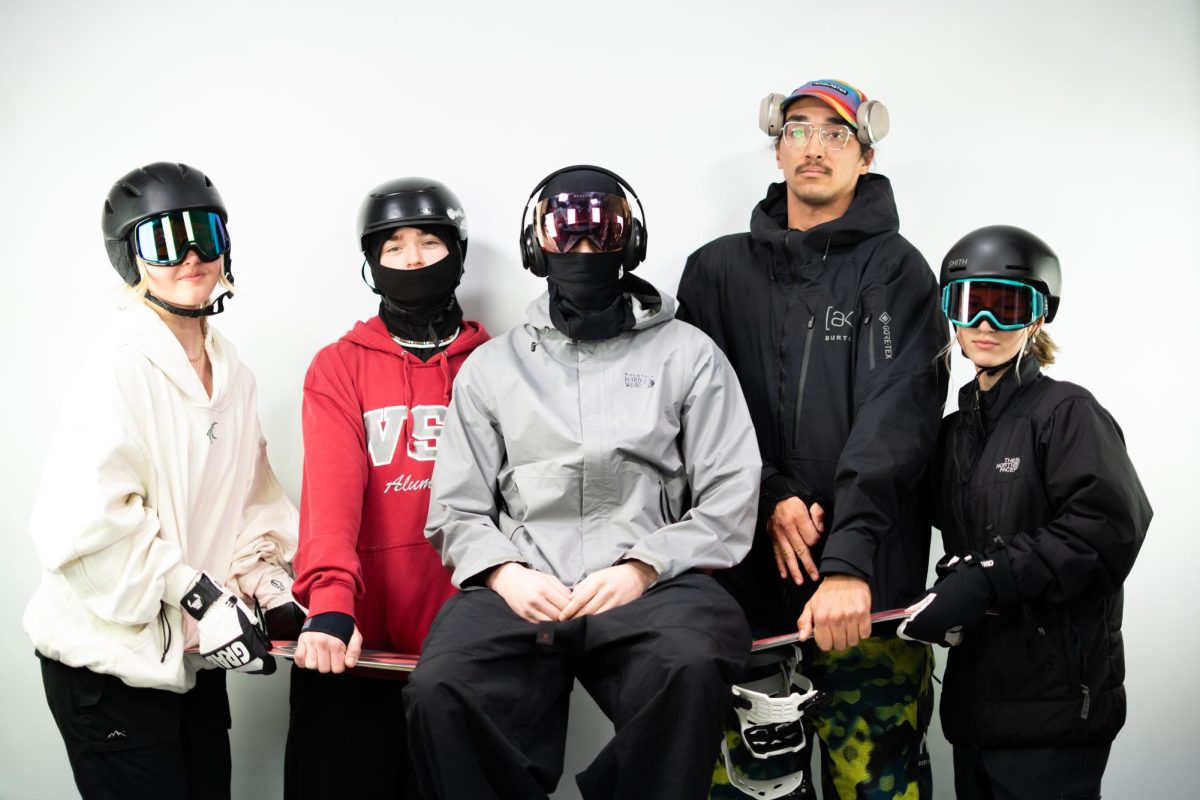
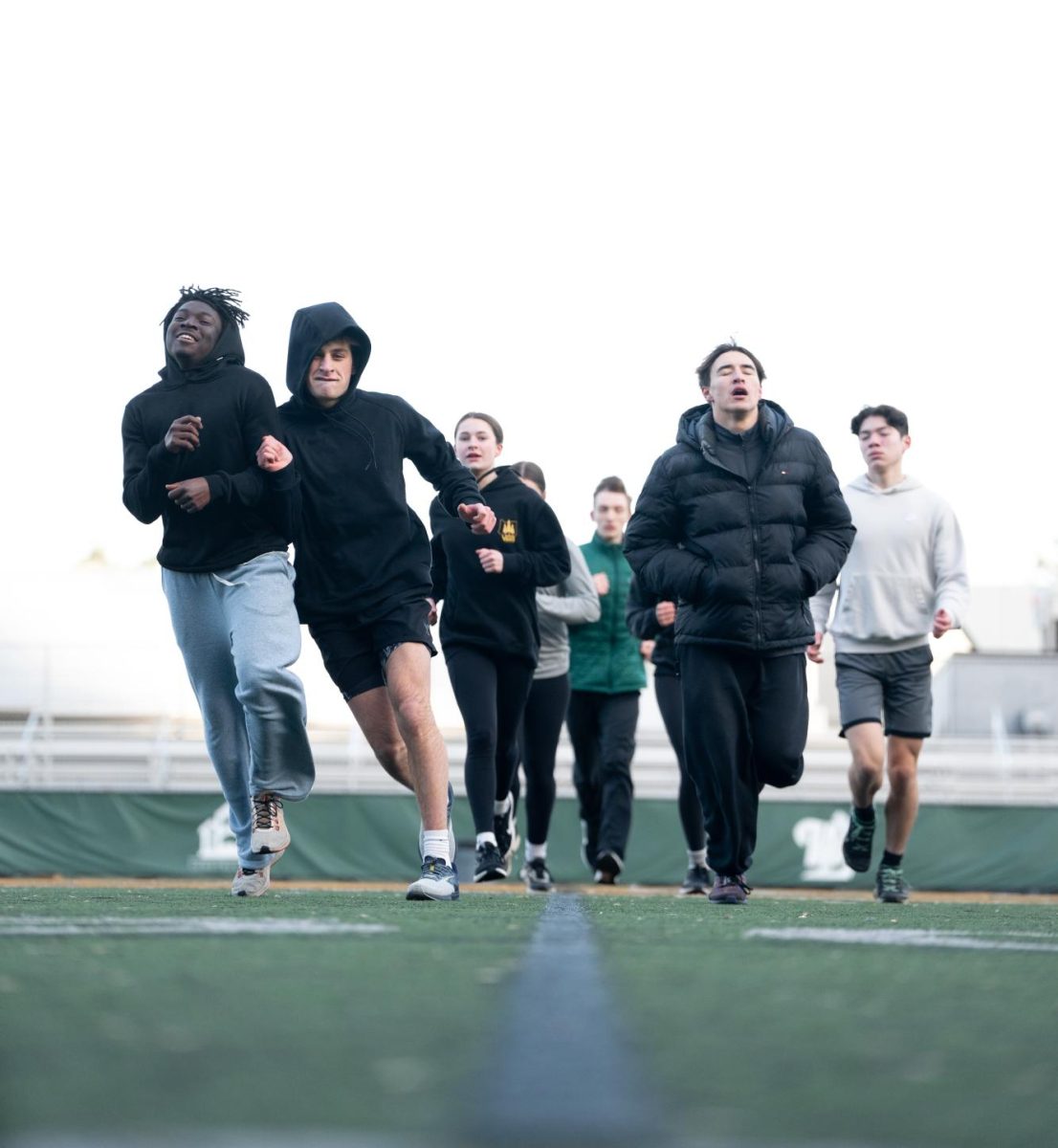
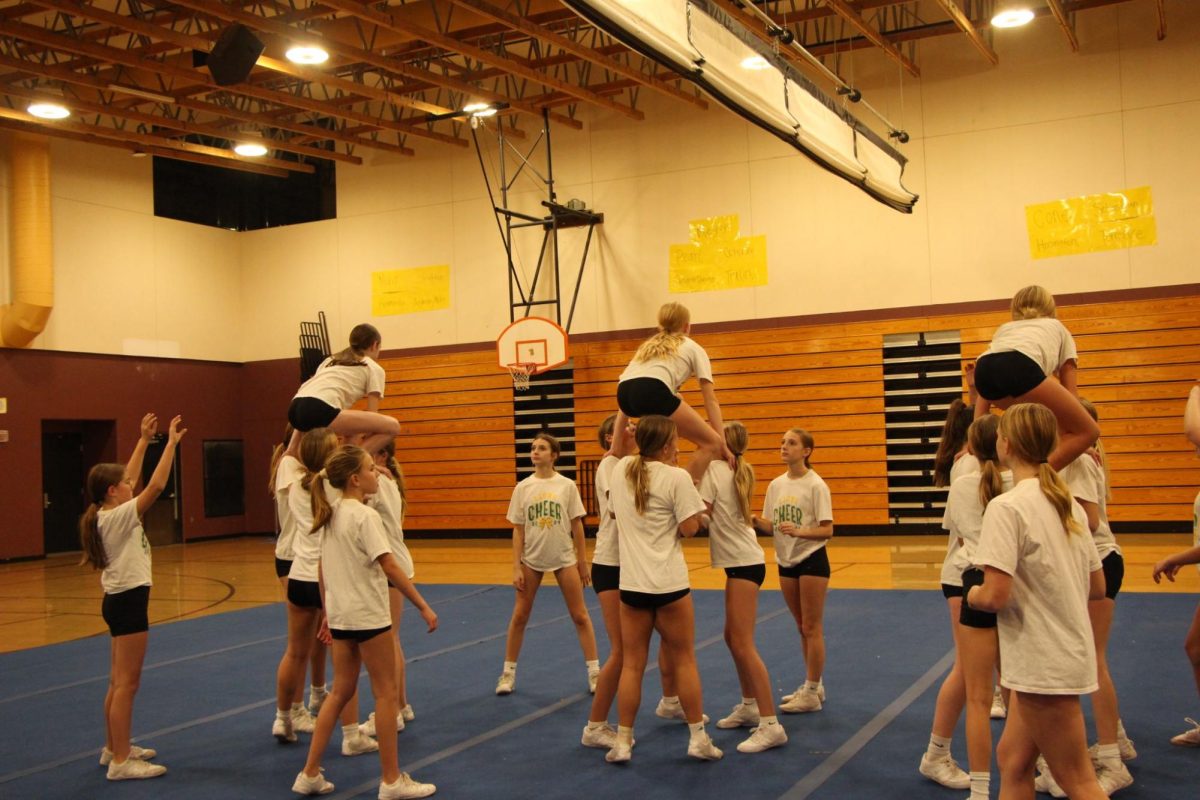
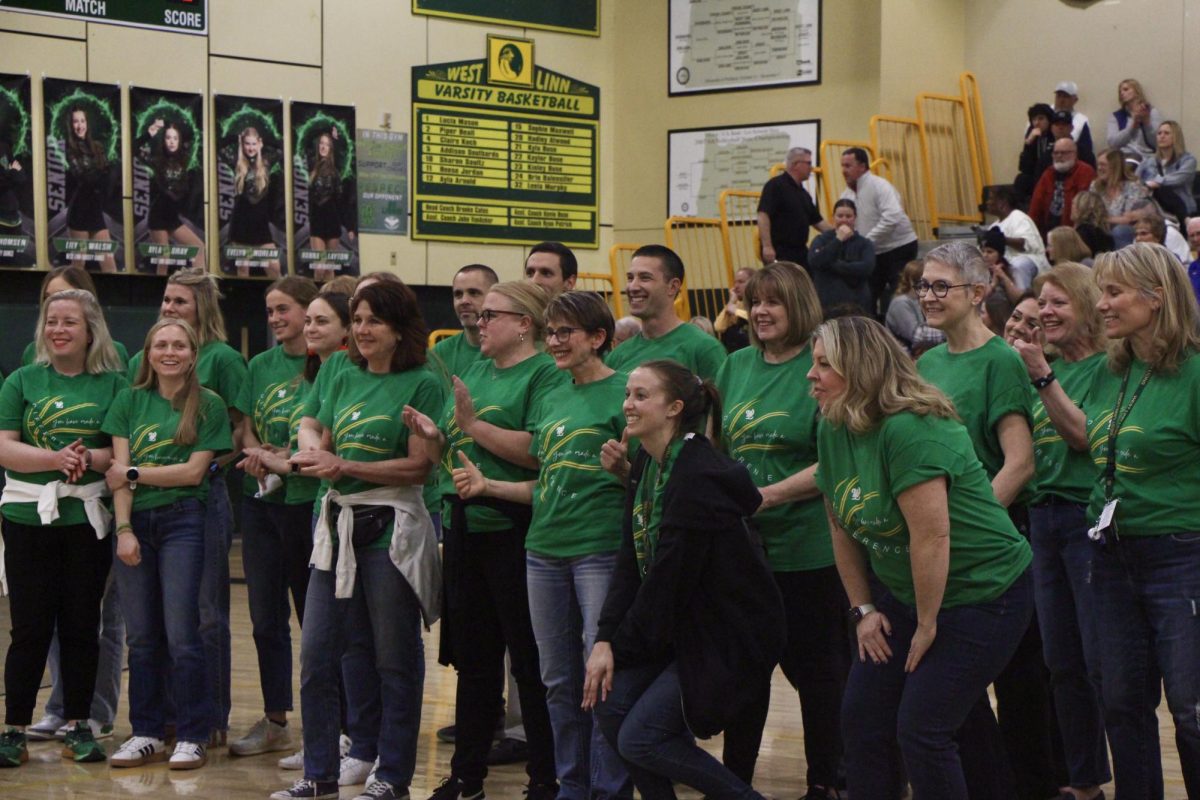









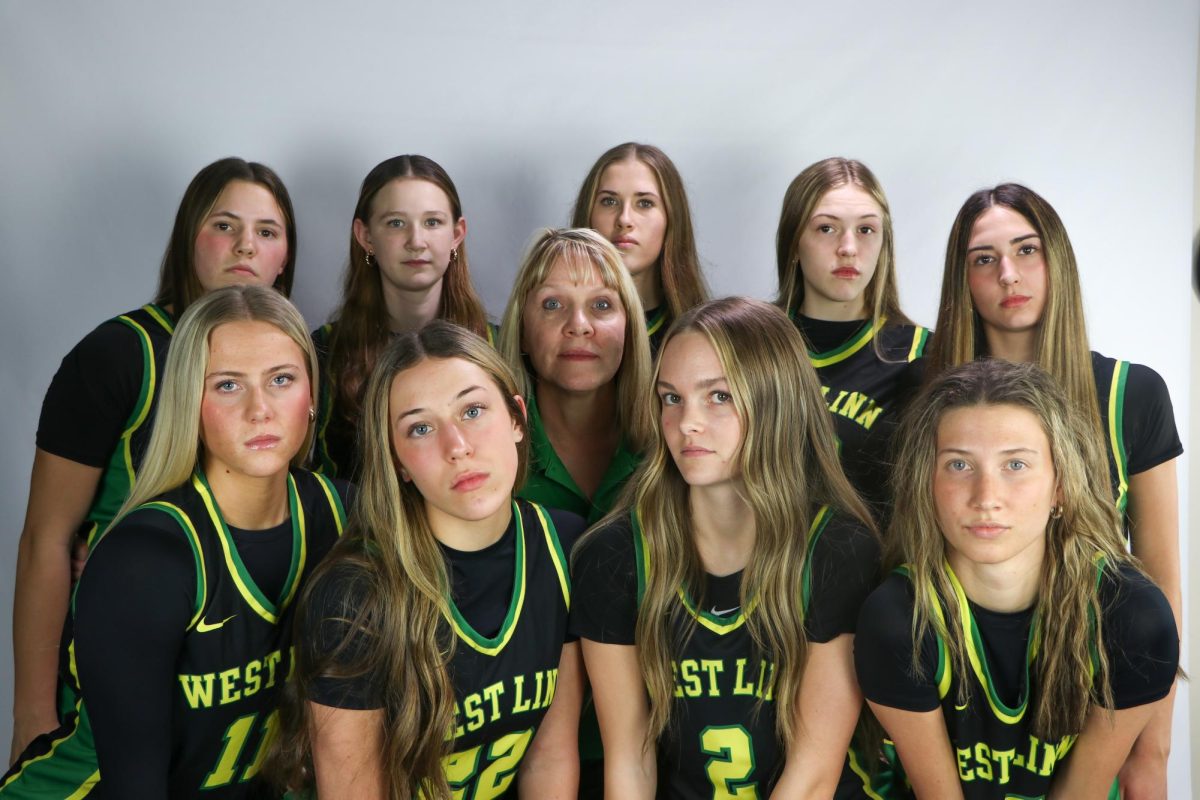


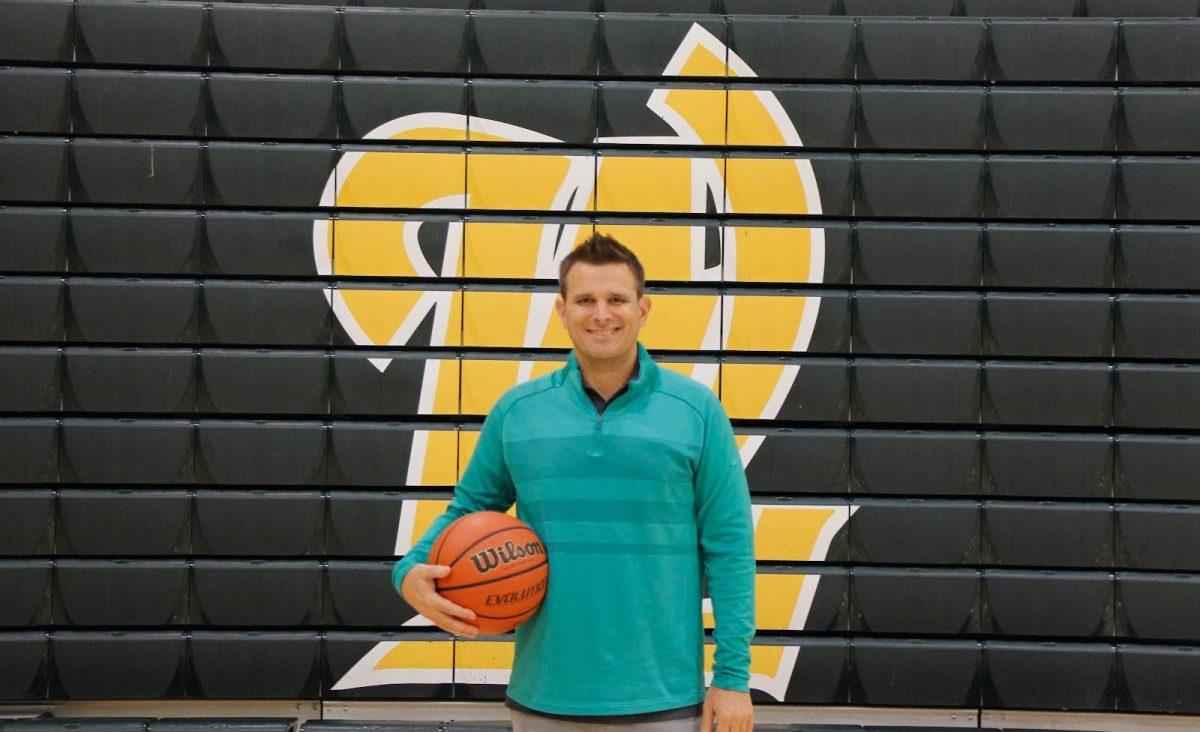



![At the bottom of the third inning, the Lions are still scoreless. Rowe stands at home plate, preparing to bat, while Vandenbrink stands off to the side as the next batter up. Despite having the bases loaded, the team was unable to score any runs. “It’s just the beginning of the season. We’re just going to be playing out best by June, [and] that’s where champions are,” Rowe said.](https://wlhsnow.com/wp-content/uploads/2024/03/IMG_3077-1200x900.jpg)





